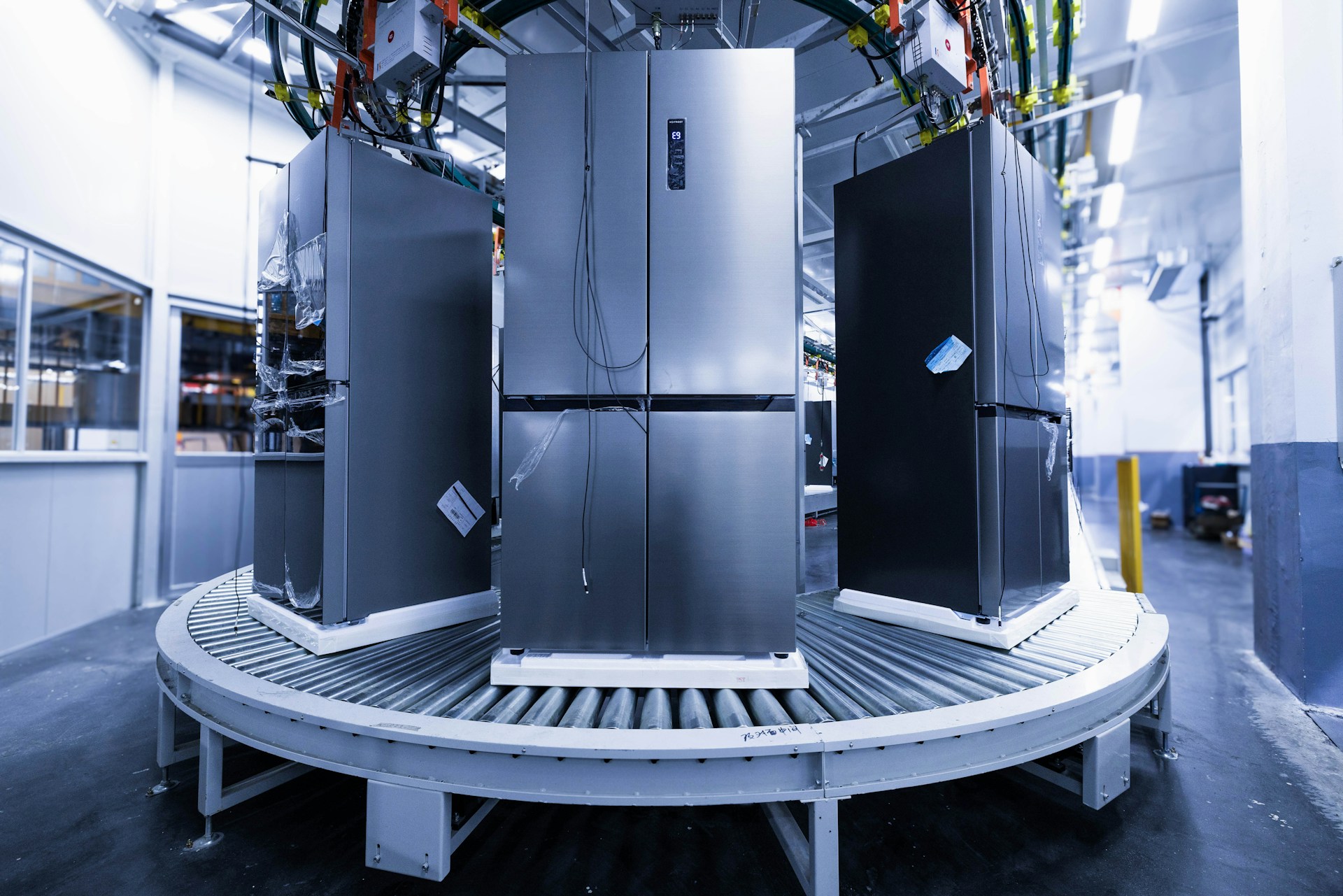Choosing the right commercial refrigerator is one of the most important decisions for any business in the food and beverage industry. Whether you’re running a restaurant, café, grocery store, or catering service, your refrigeration system directly impacts your operations, product quality, and even customer satisfaction. But how do you ensure you’re making the best choice?
Contents
Why Your Commercial Refrigerator Matters
Think about the role refrigeration plays in your business. It’s not just about keeping food and drinks cold—it’s about ensuring your products are stored safely, preserving their quality, and meeting food safety regulations. A reliable refrigerator from KEA can save you time, money, and a lot of stress. The wrong one, however, can lead to constant repairs, wasted stock, and energy inefficiency.
So, how do you avoid common pitfalls? By understanding your needs and matching them to the right type of refrigeration system.
What to Consider Before You Buy
Before diving into specific models, take a step back and evaluate what you actually need. Here are a few questions to guide you:
- What will you store? Are you refrigerating fresh produce, pre-prepared meals, beverages, or frozen items? Different products have different temperature requirements, which can influence your choice.
- How much space do you have? Commercial refrigerators come in all shapes and sizes. Measure your available space carefully and consider the layout of your kitchen or storage area. You’ll need enough room for proper ventilation too.
- What’s your daily capacity? Think about the volume of goods you need to store and how quickly items turn over. An oversized fridge wastes energy, while an undersized one could mean running out of storage space at the worst times.
- Energy efficiency: Refrigerators are one of the biggest energy consumers in any business. Choosing an energy-efficient model might cost more upfront but can save you significantly over time. Look for models with energy ratings or advanced features like LED lighting and smart cooling systems.
- Compliance with regulations: In Australia, commercial refrigeration units must meet certain safety and environmental standards. Make sure any fridge you’re considering ticks all the necessary boxes.
Types of Commercial Refrigerators
Now that you have a clearer idea of your needs, let’s explore the different types of commercial refrigerators and what they’re best for.
1. Reach-In Refrigerators
These are the most common type and work well for general-purpose storage. They’re upright units with shelves, making them easy to organise and access. If your staff needs to grab items quickly during busy shifts, this is a practical choice.
2. Walk-In Coolers
For businesses with high storage demands, walk-in coolers offer a spacious solution. They’re essentially a refrigerated room, perfect for storing large quantities of perishable goods. However, these require significant space and are best for businesses with consistent high-volume needs.
3. Under-Counter Refrigerators
Short on space? Under-counter units fit neatly beneath prep counters, allowing you to keep ingredients close at hand. They’re ideal for small kitchens or as secondary refrigeration alongside larger units.
4. Display Fridges
If presentation is key, such as in a café or grocery store, display fridges are a must. These units combine refrigeration with glass doors and attractive lighting to showcase products while keeping them fresh.
5. Bar Fridges
Specially designed for beverages, bar fridges are compact and often come with adjustable shelving for storing bottles and cans. They’re essential for pubs, clubs, or any business serving drinks.
Key Features to Look For
With so many options available, it’s easy to feel overwhelmed. Narrow your search by focusing on these essential features:
- Adjustable shelving: This provides flexibility to accommodate different product sizes.
- Digital temperature controls: Precision is key in the food industry, and digital controls help you maintain the perfect temperature.
- Auto-defrost function: Saves you the hassle of manual defrosting, reducing maintenance time.
- Durable materials: Stainless steel interiors and exteriors are ideal for heavy use, offering durability and easy cleaning.
- Noise levels: Some refrigerators can be quite loud. If your unit will be in a public-facing area, quieter models are worth considering.
Maintenance Matters
Even the best refrigerator won’t perform well if it’s not maintained properly. Regular cleaning, checking seals for wear and tear, and ensuring proper airflow around the unit will keep your fridge running efficiently for years to come. Investing in a maintenance plan or training your team on basic upkeep can prevent costly breakdowns.
Making the Right Investment
While cost is always a factor, it’s important to think beyond the initial price tag. A cheaper refrigerator might save you money upfront, but what about its energy efficiency, durability, and maintenance costs? Consider your refrigerator an investment in your business’s future. It should support your operations seamlessly, not become a recurring headache.
Choosing the Right Supplier
Finally, make sure you’re buying from a reputable supplier. Look for businesses that offer warranties, reliable customer support, and installation services. A trusted supplier can also help guide you through the selection process, ensuring you get a unit that matches your needs perfectly.
Set Your Business Up for Success
Your commercial refrigerator plays a crucial role in your business’s day-to-day operations. By carefully assessing your requirements, understanding the available options, and prioritising quality and efficiency, you’ll find a unit that works as hard as you do. A little effort upfront can save you from costly mistakes and set your business up for long-term success.





